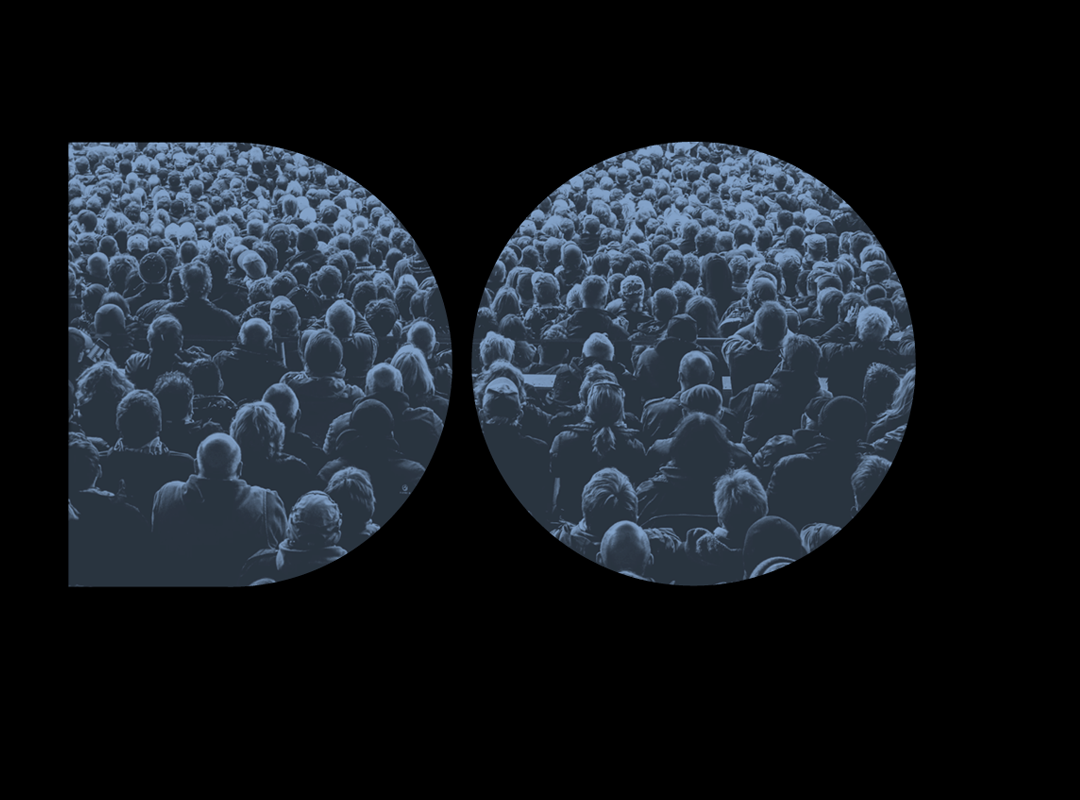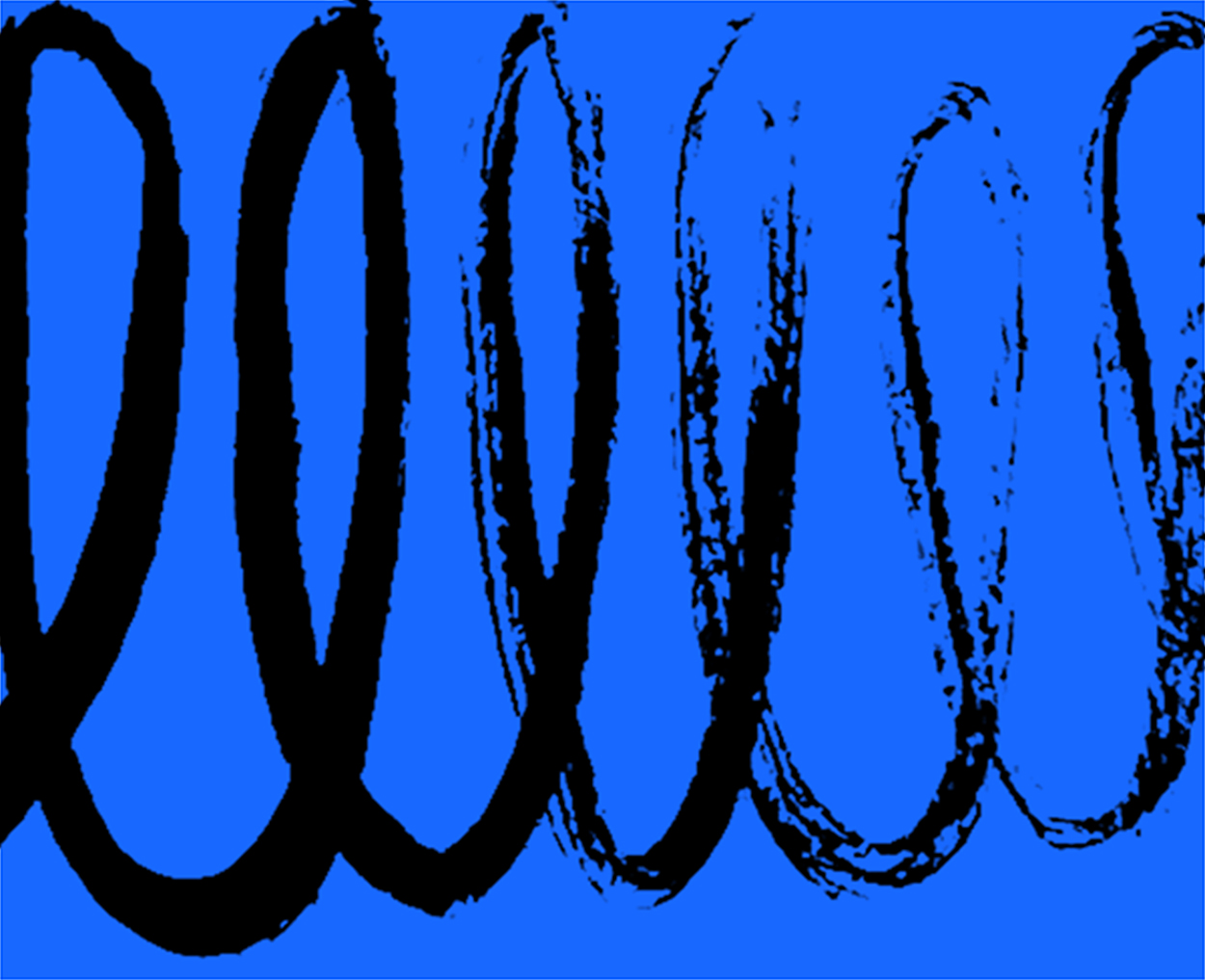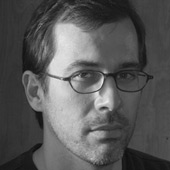It’s the last day of my writing fellowship, I have to be packed up and moved out of the ranch house today, and I’m in the woods, shoving my clippers under cedar trees and crunching the handles together. Standing, moving to another tree, dropping to my knees, finding the stem of the tree, crunching the clippers together, standing. They’re saplings and seedlings, these trees, no more than an inch in diameter at the base and often no more than 4 feet high, so they don’t fall as much as recline. The branches make an airy whisking sound as they go. The smaller trees even pop in the air as if I’m cutting an elastic band. Some I pull into piles. Most I leave where they fall, and the wake of dead trees is thick behind me, and the others weep and gnash their teeth. Larger trees I leave for some chainsaw to come; I’m a writer, not a lumberjack.
Cutting cedars is a lot like writing, but it doesn’t replace writing, and I’ve never gone out until I’ve done my daily. Standing, searching, bending, cutting, standing: it’s repetitive work but has its art, too. You have to jam the clipper mouth around the tree stem below the dirt so the stump can’t find the light and send up sprouts, but not so low that you grab a rock and chip the blade. Always in the back of your mind you have to know the line you’re walking and working, more to guard yourself than for cedar-cutting efficiency, because the bigger trees would rather beckon you into the thick stands, where they grow fourteen, twenty feet high, and deep in their midst, where no sun ever reaches, the dry branches will first blind then skewer you, and there you’ll wither and twist out of sight of the sky. Jerky gifts for coyotes.
The trees’ full name is Eastern Red Cedar. I used to think they looked noble, climbing the limestone cliffs and all along the ridges, but they’re not like birches for bending, they’re red cedar for cutting and burning. This fall I learned that cedars are pathetic vermin, in the same family as rats and roaches. The trees suck water from the ground, crowd out other species of trees, and keep out animals. Every winter yellow clouds of pollen blow into the city, cursing people with cedar fever, which feels like you’ve caught the flu. When I’m cutting cedar the trees fight back with so much pollen that my nose bubbles with snot.
They’re also a fire hazard, full of sap as combustible as kerosene. Throw one on a fire someday to learn something about a tree’s lust for flame.
All over the plains cedar was once controlled by wildfire, an outmoded weapon now. In central Texas, tended land is land that has the cedars cut down, the stumps chewed out with grinders or pulled up with bulldozers. Some ranches to the west have recently been cleared, and the fields have a peculiar razed look, like a shaved dog. The grass will fill in the fields, which will still looked shaved but healthy. We don’t have the money to clear out the cedars, goes the refrain from other landowners. Yes, I say, but if you tackled the young trees, in bits, over time, you’d have an easier job when you do get the money in ten years’ time. What no one realizes is that I’ve been left alone for four months in a house and land that’s hallowed ground for many Texans, because it was once owned and occupied by a writer named
J. Frank Dobie and his wife, Bertha, and in this house I’ve had access to documents that record and celebrate its hallowedness, and, even more importantly, I’ve been visited by the spirits that animate the place. They whisper: no one else is going to do what matters.
So the cedars, and the forces that keep it spreading on the land, have become a metaphor for everything I have to hold at bay in order to write, even when I’m sequestered in my fellowship bubble. And the frantic afternoon forays to cut the cedar and stop its inexorable infest is a metaphor for how the the writing constantly loses its feet against the movement of the world. At the end of an hour, or a day, or my entire life it will not have made a recognizable dent. And yet no one else will do it if I don’t.
It’s also true that cutting cedars is nothing like writing, which is exactly why I’m doing it — I don’t want to avoid writing, but after four months living at this place I want to leave a more permanent mark. On the land, and on myself. For most of the time I didn’t bother with trees: I wrote and read, kicked around, had some dinner parties and built many fires in the stone pit, some kindled with cedars. I don’t think I wrote better in seclusion than I would anywhere else, though I did write a lot and consistently well. For me what made the place was being able to stand up from the big work desk set along the windows, put on my boots and my hat, and walk out the screen door onto 280 acres that were mine to explore, and the best tromps were with my wife and my dog, all along the limestone creeks, or searching for arrowheads on the banks, or following fence lines up the cliffs and through the cedar barrens. Cutting cedar emerged as a way to say goodbye to all this, and a good way to ignore the fact that we had to leave. Unlike Adam and Eve, we never even met the snake.
Now the book’s half-finished, and the time that lent itself to that work seems so far away. I don’t want to recall the edges of the place, the arrivals or the departures. I want to recall that feeling of security at the center of the center, that gap in my journal when I don’t record the details of my day or my thoughts because they’re so mundane and orderly — so utterly normal, like the knocking of the window screen in the wind or the cracks in the walls, the bird feeder that a writer before me put up and which some writer after me may decide to fill. That moment when I stand up from the desk because I’ve emptied it all out. That moment that is the secret lozenge I will carry around with me forever.
Who knew that I’d ever find a place whose weight as a place would fall fully upon me, and that at 41 years old I would finally be able to carry that weight. On my last day at the ranch I allow myself two hours of cedar cutting, then come back to the ranch house, pack up what hadn’t gone ahead with my wife, take a shower, and drive down the dirt road to the gates. All along the drive, which I take appropriately slowly, all I can think of is the cedar left to chop. Near the settler’s cabin and back into those fields is an afternoon’s work. Down the fence line with the city property to the corner on the west needs it, too. And a little further in, where there’s the stone wall runs inside the barbed wire fence, and in that gap the cedars run wild. If somebody doesn’t get in there soon, it’ll be choked solid, and soon no one will know there’s a gap there at all. Ah, I can’t think about the gap. I swing the gate closed and close the padlock, trying to forget I know the combination. I think about the gap all the time.
Michael Erard is the author of Um…: Slips, Stumbles, and Verbal Blunders, and What They Mean. His work has appeared in The New York Times, Science, Wired, The Atlantic, The New Scientist, Lingua Franca, Legal Affairs, and the Texas Observer, where he is a contributing writer.
With this essay, Design Observer is pleased to announce that Michael Erard will be joining our regular stable of contributing writers. His previous essays on Design Observer may be found here.










 Michael Erard is the author of
Michael Erard is the author of